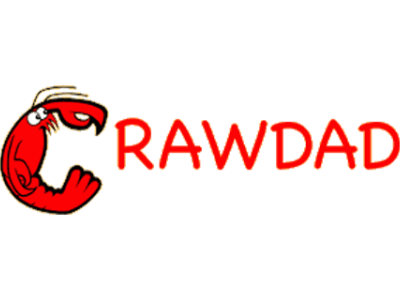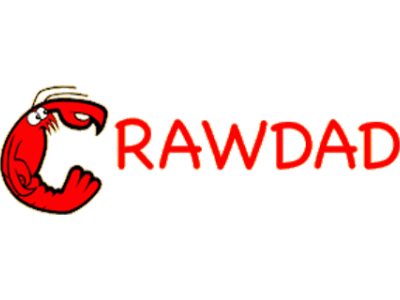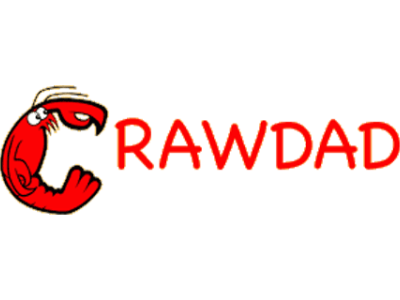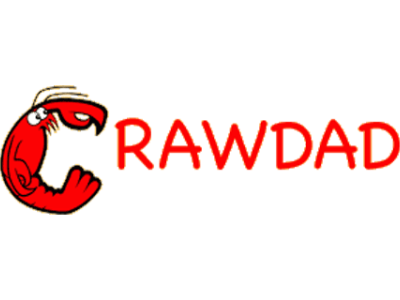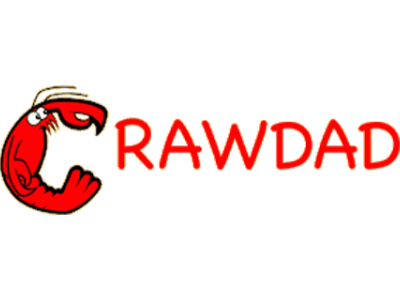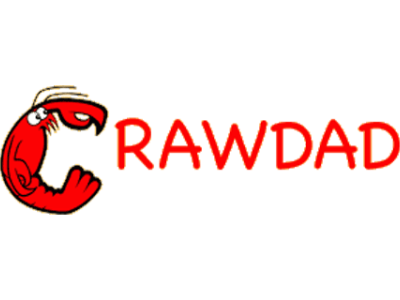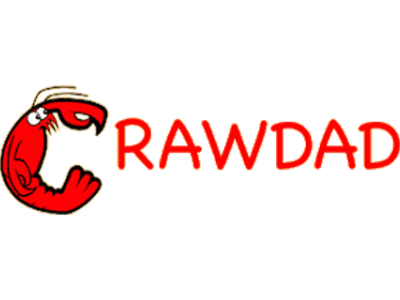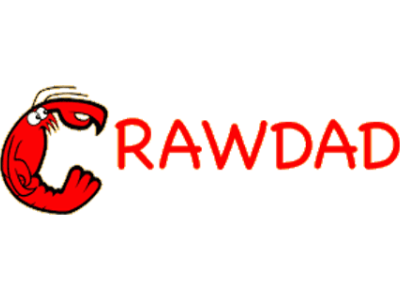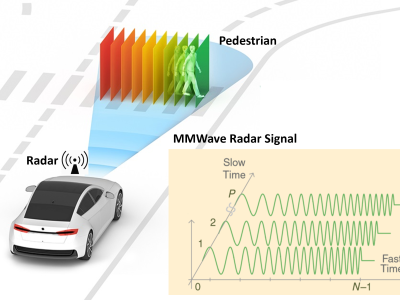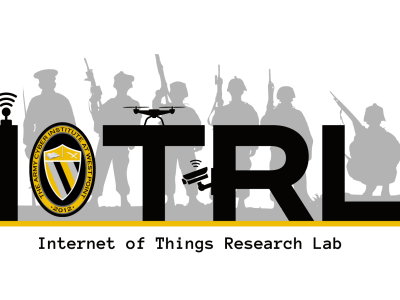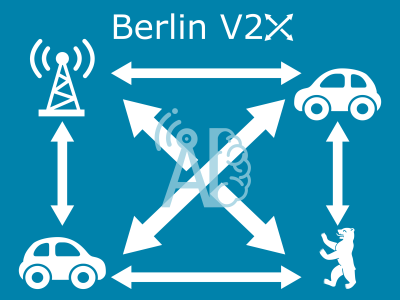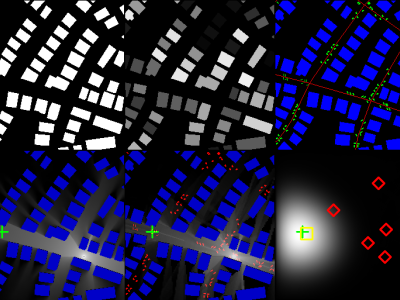CRAWDAD roma/taxi
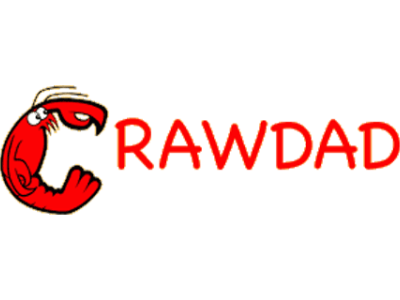
- Citation Author(s):
-
Lorenzo BraccialeMarco BonolaPierpaolo LoretiGiuseppe BianchiRaul AmiciAntonello Rabuffi
- Submitted by:
- CRAWDAD Team
- Last updated:
- DOI:
- 10.15783/C7QC7M
- Data Format:
 5264 views
5264 views
- Categories:
Abstract
Dataset of mobility traces of taxi cabs in Rome, Italy.
This dataset contains mobility traces of taxi cabs in Rome, Italy. It contains GPS coordinates of approximately 320 taxis collected over 30 days. Related publication: Marco Bonola, Lorenzo Bracciale, Pierpaolo Loreti, Raul Amici, Antonello Rabuffi, and Giuseppe Bianchi. 'Opportunistic communication in smart city: Experimental insight with small-scale taxi fleets as data carriers'. Ad Hoc Networks, February 2016.
date/time of measurement start: 2014-02-01
date/time of measurement end: 2014-03-02
collection environment: 320 taxi drivers that work in the center of Rome. Traces present the positions of drivers, collected every 7 seconds.
sanitization: Driver names have been replaced with an id.
limitation: To retrieve the position, we used the getAccuracy function of Android LocationManager objects. We filter out the positions if their precision is less than 20m.
Traceset
roma/taxi/taxicabs
Dataset of mobility traces of taxi cabs in Rome, Italy.
- file: taxi_february.tar.gz
- description: Dataset of mobility traces of taxi cabs in Rome, Italy.
- measurement purpose: User Mobility Characterization, Network Performance Analysis, Routing Protocol for DTNs (Disruption Tolerant Networks), Positioning Systems, Human Behavior Modeling, Opportunistic Connectivity
roma/taxi/taxicabs Trace
- taxi-rome1: 392 Mb of compressed data regarding the position of taxi cabs working for a month in the center of Rome, Italy.
- format: The trace is a txt file formatted as: DRIVER_ID;TIMESTAMP;POSITION Where: - Driver_id is an integer. - Timestamp includes date and time. - Position is formatted as POINT(latitude, longitude) The trace is sorted on the timestamp.
Instructions:
The files in this directory are a CRAWDAD dataset hosted by IEEE DataPort.
About CRAWDAD: the Community Resource for Archiving Wireless Data At Dartmouth is a data resource for the research community interested in wireless networks and mobile computing.
CRAWDAD was founded at Dartmouth College in 2004, led by Tristan Henderson, David Kotz, and Chris McDonald. CRAWDAD datasets are hosted by IEEE DataPort as of November 2022.
Note: Please use the Data in an ethical and responsible way with the aim of doing no harm to any person or entity for the benefit of society at large. Please respect the privacy of any human subjects whose wireless-network activity is captured by the Data and comply with all applicable laws, including without limitation such applicable laws pertaining to the protection of personal information, security of data, and data breaches. Please do not apply, adapt or develop algorithms for the extraction of the true identity of users and other information of a personal nature, which might constitute personally identifiable information or protected health information under any such applicable laws. Do not publish or otherwise disclose to any other person or entity any information that constitutes personally identifiable information or protected health information under any such applicable laws derived from the Data through manual or automated techniques.
Please acknowledge the source of the Data in any publications or presentations reporting use of this Data.
Citation:
Lorenzo Bracciale, Marco Bonola, Pierpaolo Loreti, Giuseppe Bianchi, Raul Amici, Antonello Rabuffi, roma/taxi, https://doi.org/10.15783/C7QC7M , Date: 20140717


